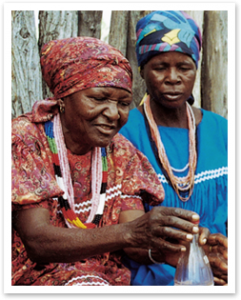
NAMIBIA has been ranked the 9th most attractive economy for investments flowing into Africa.
This is according to the latest Africa Investment Index 2016 by Quantum Global’s independent research arm, Quantum Global Research Lab published on Wednesday.
Botswana topped the rankings as the most attractive economy for investments flowing into Africa.
According to the index, Botswana is number one based on a range of factors which include an improved credit rating, current account ratio, import cover and ease of doing business.
Commenting on the index, Mthuli Ncube, head of Quantum Global Research Lab, stated: “Despite considerable external challenges and the fall in oil prices, many African nations are demonstrating an increased willingness to achieve sustainable growth by diversifying their economies, and introducing favourable policies to attract inward investments.
“Botswana is a good example. Its strategic location, skilled workforce and a politically stable environment have attracted the attention of international investors, leading to a significant influx of foreign direct investment (FDI).”
According to the report, the top five African investment destinations attracted an overall FDI of US$13,6 billion.
Morocco was ranked second on the index, based on its increasing solid economic growth, strategic geographic positioning, increased foreign direct investment, import cover ratio, and an overall favourable business environment.
Egypt took third spot due to increased foreign direct investment and real interest rates, and a growing urban population.
South Africa took fourth place on account of good scores on the growth factor of GDP, ease of doing business in the country and significant population, while Zambia was fifth due to its significant domestic investment and access to money supply.
Ncube further commented: “With a population of over one billion people and rapidly growing middle class, Africa clearly offers significant opportunities to invest in the continent’s non-commodities sectors such as financial services, construction and manufacturing, among others. However, structural reforms and greater private sector involvement are crucial to unlocking Africa’s true potential.”

